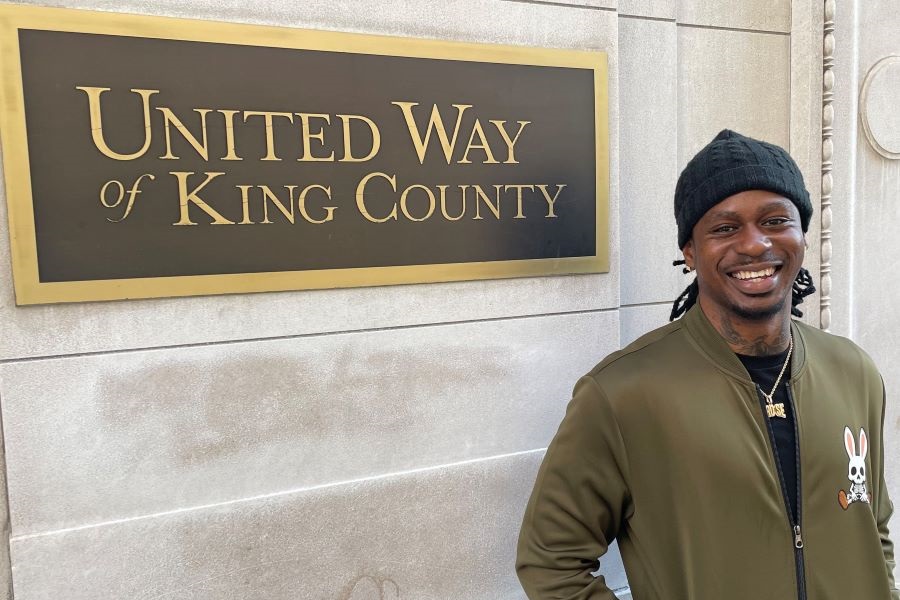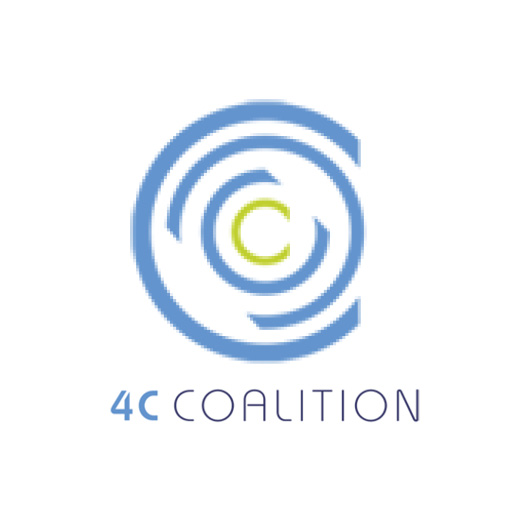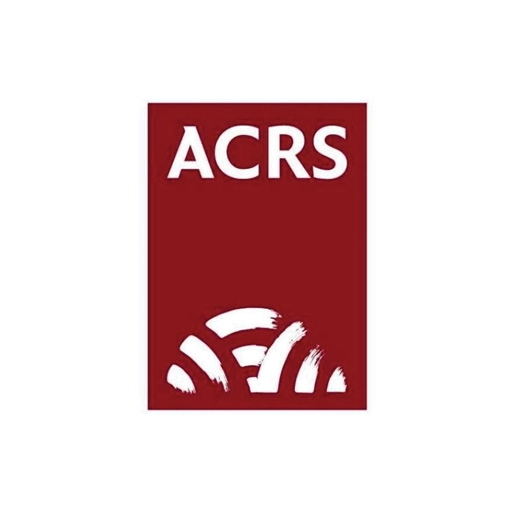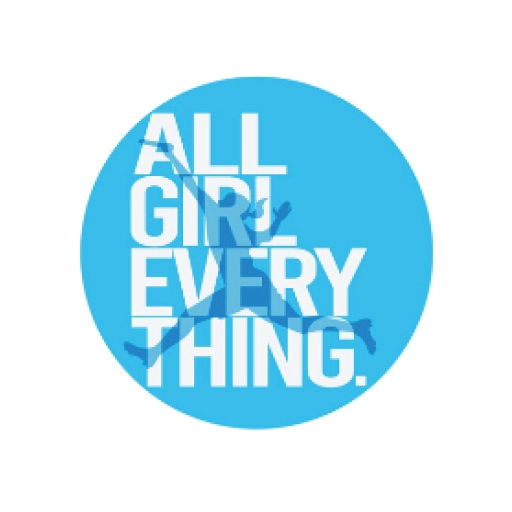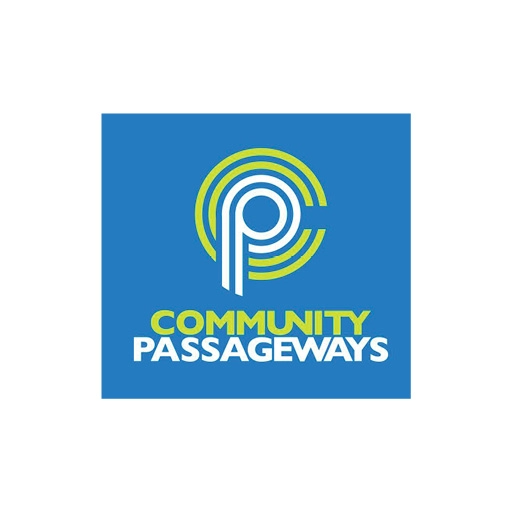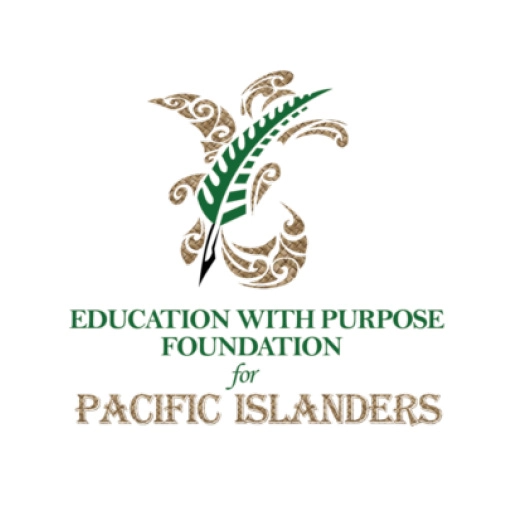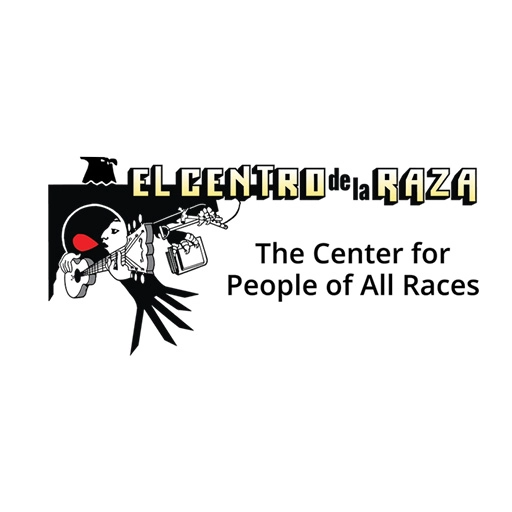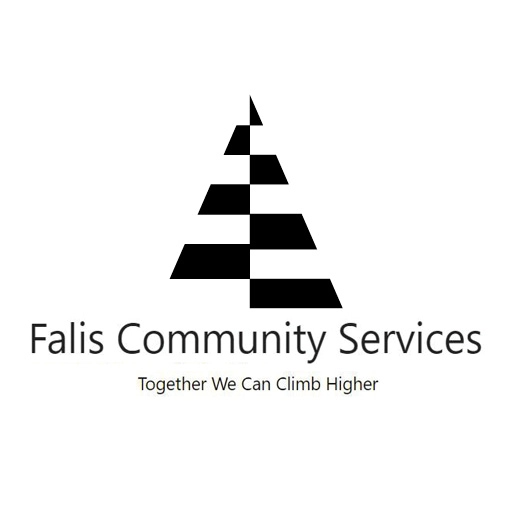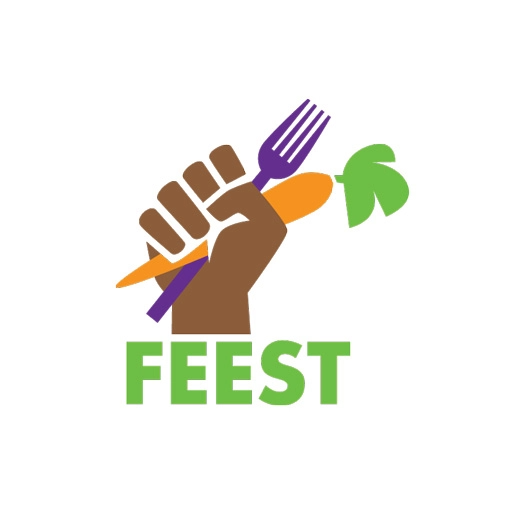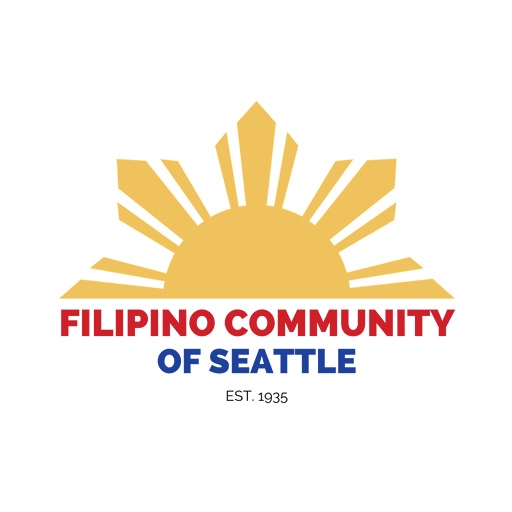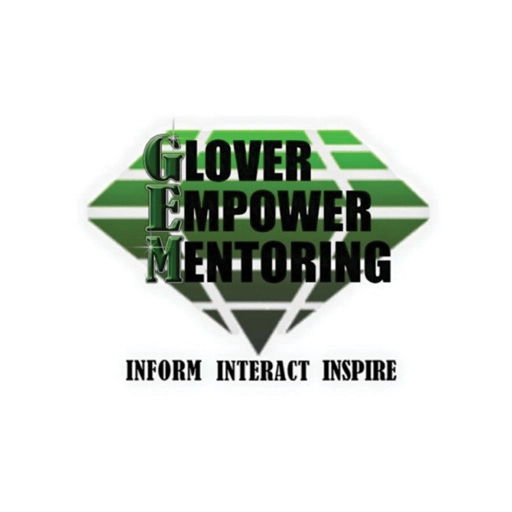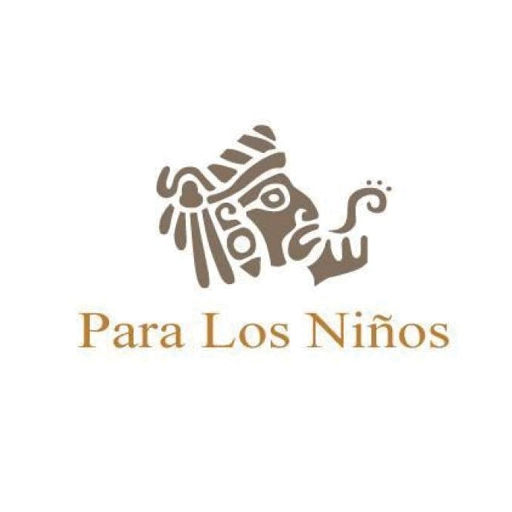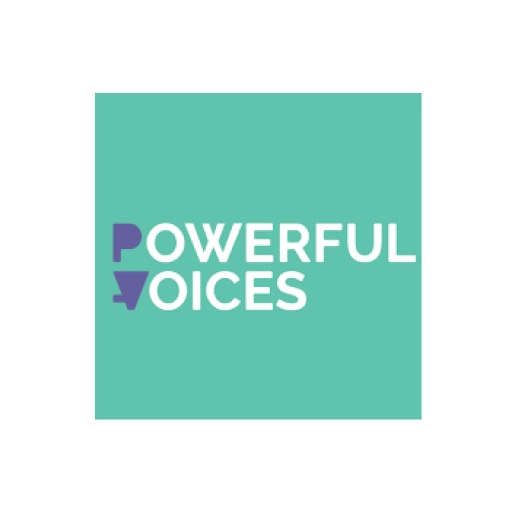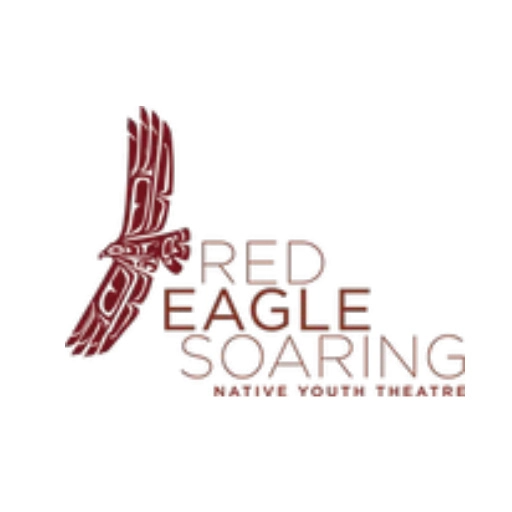Fostering Love and Liberation for Our Youth.
At a time when more than half of the students in Washington state public schools are people of color, there’s a growing movement to incorporate more racial, ethnic, and cultural offerings in learning.
At United Way, we believe communities of color are best equipped to support youth of color in all aspects of life—including their education. The 14 organizations in the Racial Equity Coalition (REC) create communities of belonging for youth of color, offering after-school programs that celebrate their cultural identities and equip them with the tools to stay engaged in school.
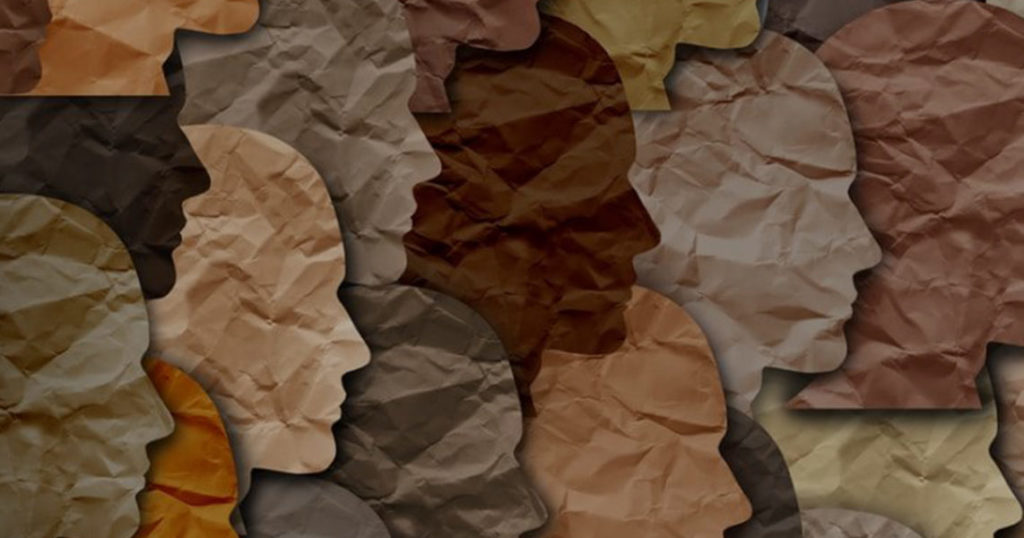
REC believes that students who see themselves and hear their stories in their education curriculum are more likely to stay engaged and remain on a path of educational success. They believe in a holistic approach: Cultural offerings at school must not just be extracurricular activities like band or theatre. From what’s taught to who is teaching it, they must be rooted in every aspect of the school curriculum, so that students from different backgrounds learn about their history and culture at the same time as learning about the three R’s and the sciences.
Real People. Real Stories.
“[REC programming] has done so much for us, especially with school supplies, homework help, forming groups that help students do their homework, leadership classes, drop-out prevention, and drug prevention. It also makes it possible for their parents to learn the same classes so they can work together to be successful at any school.”
—Yusuf Bashir, founder and executive director, Falis Community Services
REC: The Formation
The coalition was formed as data revealed what organizations who embrace multicultural learning already knew: All students who receive multicultural education perform better in the classroom than those who don’t—not just youth of color.
They support one another and share best practices to build networks of support for the youth they serve. They also see their organization as a model on how all communities of color should support one another and offer support in areas such as building capital campaigns, developing culturally responsive housing, and owning buildings.
Impact of the Racial Equity Coalition


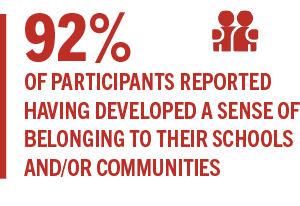
The Coalition in Action
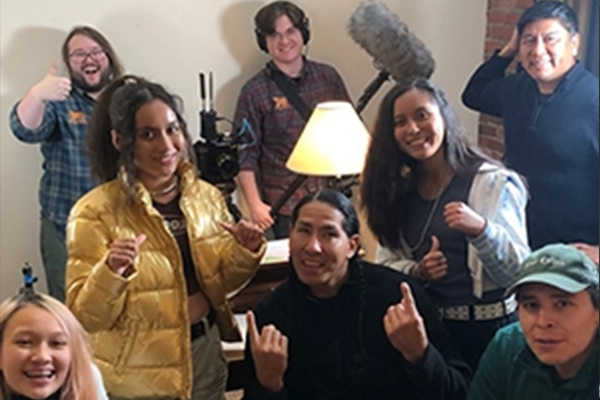
Red Eagle Soaring uses storytelling, drama and theater work with Indigenous youth. Stage productions support youth access to the healing power of Native cultural traditions, promoting social, physical and intellectual engagement.
4C Coalition’s Wellness Mentoring Circles bring youth and mentors together utilizing a structured, community-building curriculum facilitated by the Seattle CARES Mentoring Movement.
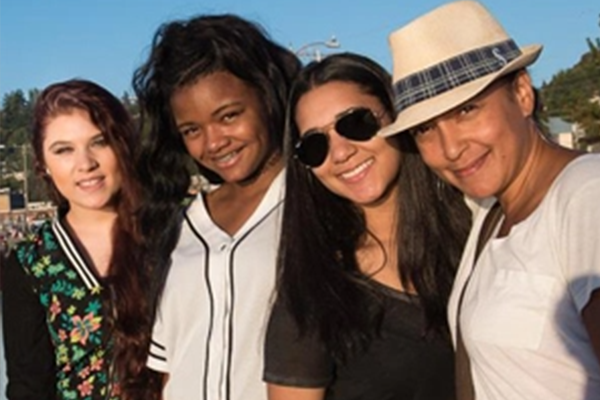
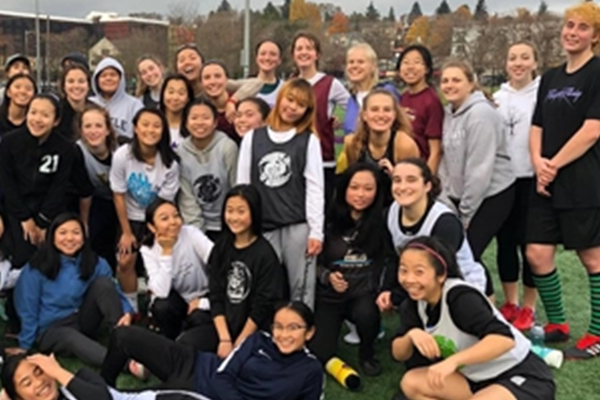
All Girl Everything Ultimate Program (also known as AGE UP) is an ultimate frisbee program that partners with Seattle schools to teach players about leadership skills, social justice, oppression, classism, sexism, and racism and the intersectionality of their identities with sports.
Falis Community Services hosts a youth training program suited to the backgrounds, languages and cultures of immigrant families. The certification program includes training in leadership, problem solving, drop-out prevention, and communication between parents and youth.
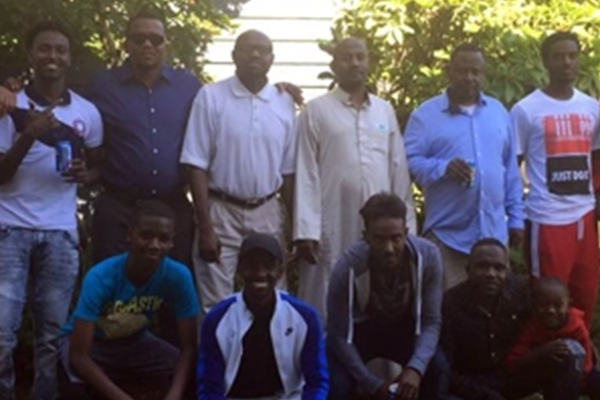
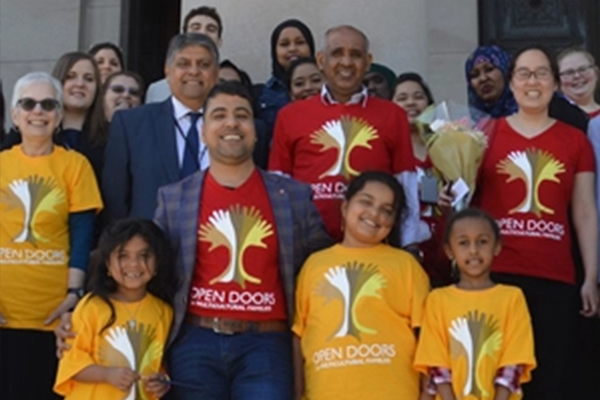
Open Doors for Multicultural Families serves BIPOC youth with disabilities to celebrate intersectional neurodiversity and build self-advocacy skills.
Community Passageways creates programs that help youth avoid incarceration while building communities and forging relationships centered on love and compassion.
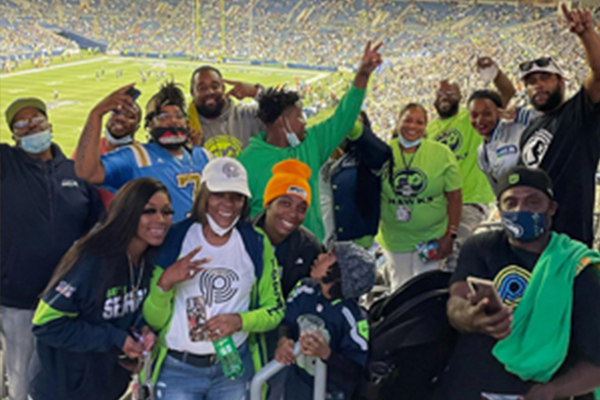
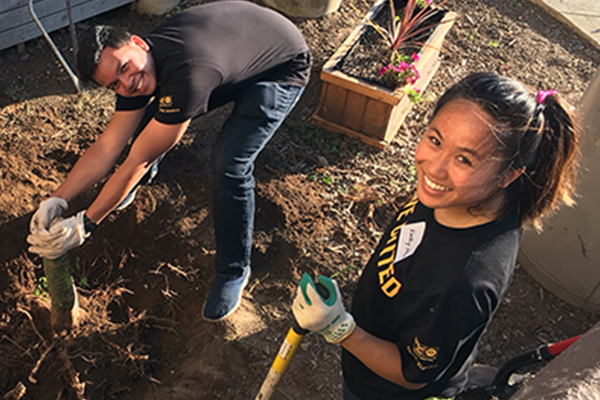
El Centro de La Raza, the Seattle-based civil rights organization grounded in the Latino community, builds unity across racial and economic sectors. El Centro de La Raza helps school districts with translation as well as lessons centered on students’ culture and backgrounds, so that what’s being taught in school mirrors what’s being taught at home, and vice versa. Due to the popularity of the program, El Centro de La Raza now serves districts in South and East King County.
Support the Racial Equity Coalition
Education begins with family and community. Investing now in a multi-racial, multicultural education system ensures that we will have doctors, artists, teachers, engineers and lawmakers of all backgrounds that reflects and serves our ever-changing populace.
For more information about this program and its impact, please contact Joy Sebe at 206.461.5056 or jsebe@uwkc.org



